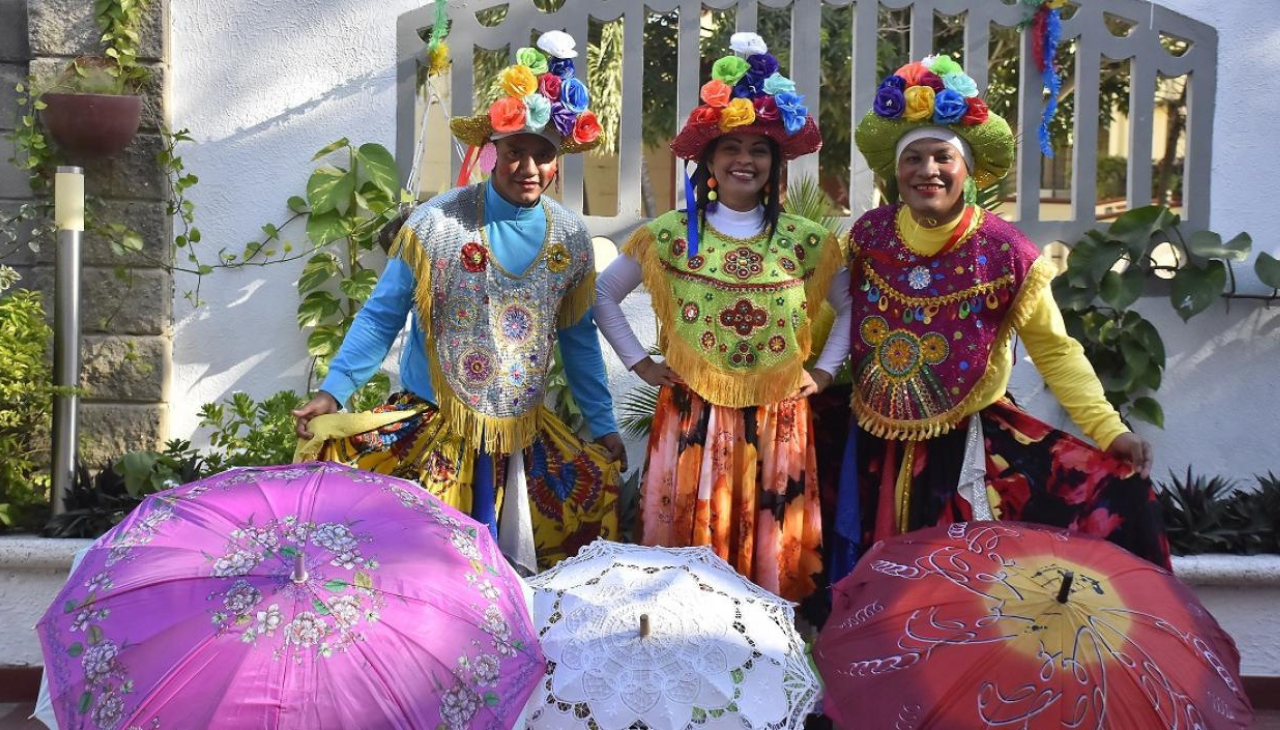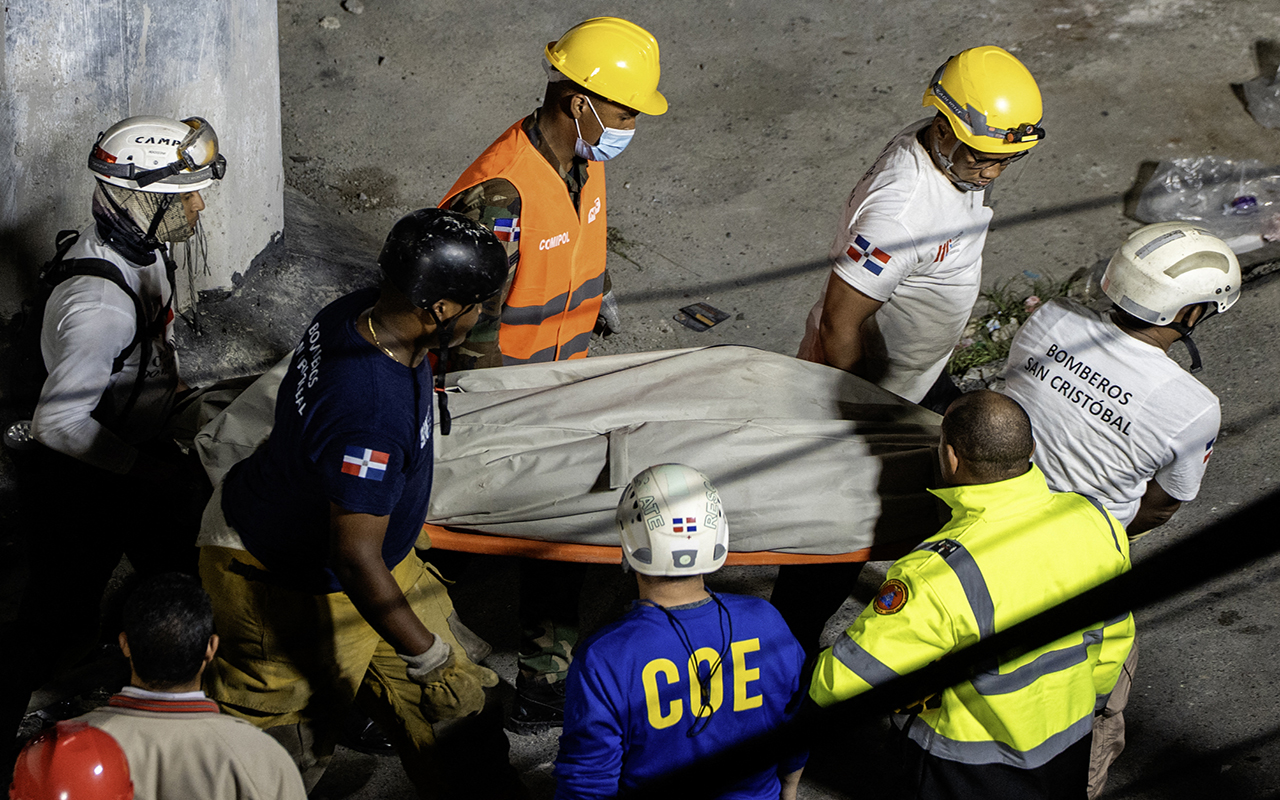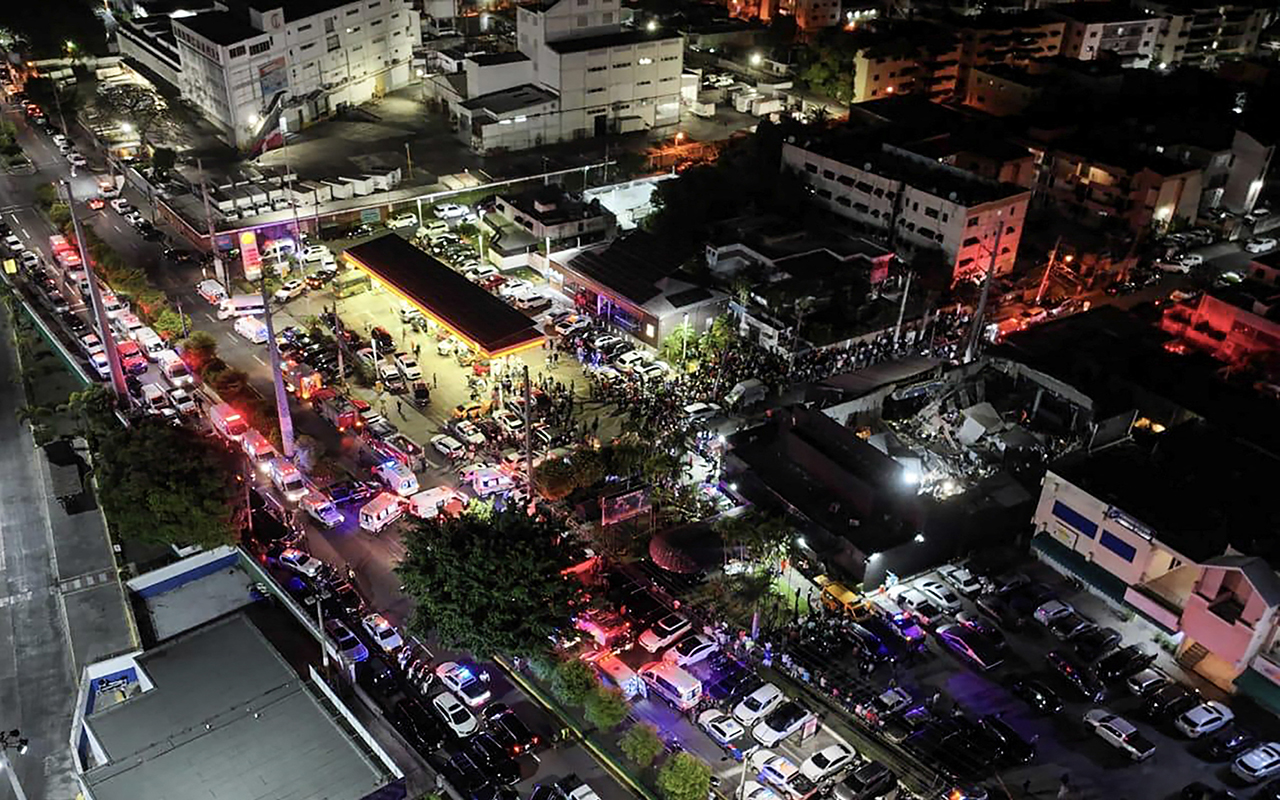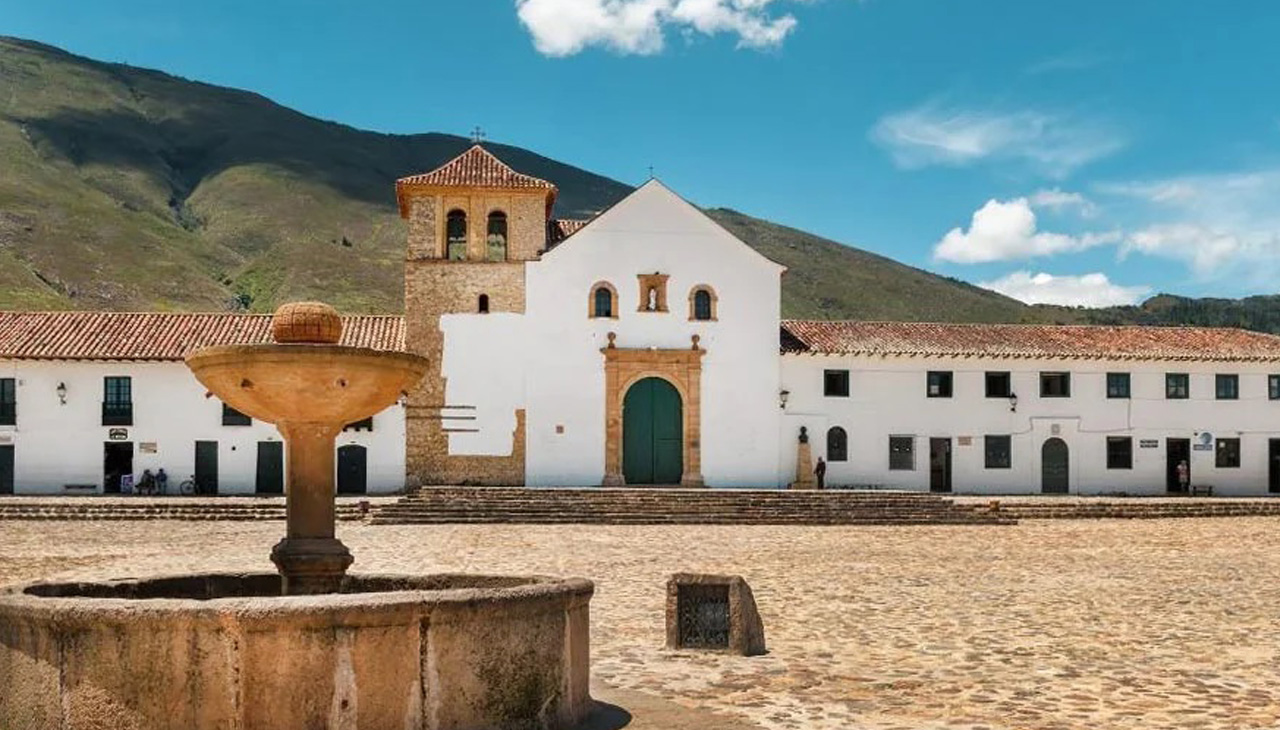
Las Farotas of Bolivar, men who defend women through dance
Las Farotas are a group of men who've empower the role of Bolivarian women for more than 500 years.
Wearing long dresses, printed in bright colored fabrics, men are seen performing las farotas dance in Bolivar and Atlántico.
This dance tradition was born almost 500 years ago as an Indigenous conquest over the Spanish yoke. Currently, the people of Talaigua Nuevo, Bolivar, in Northern Colombia, are the ones who carry on the tradition.
"For me it is a pride to be farota because I am representing the firmness of our ancestors, who avenged the indigenous women who were mistreated and abused by the Spanish. That is what we tell through our dance," Luis Miguel Mendoza, who has been a member of the Farotas de Talaigua for 15 years, told Radio Nacional de Colombia.
RELATED CONTENT
What today is known as a dance began as a way Indigenous men defended the women of their tribes from the beatings and abuse brought by the Spanish when they assaulted their settlements.
To prevent the women of the tribe from being assaulted, at that time, the cacique Talygua disguised his best warriors with skirts, blouses and parasols, like the Spanish women, and let them pretend that they were the women of the village during the night.
When the Spanish soldiers saw they were trying to seduce them, they approached and fell into the cacique's trap. The few who were left alive carried the message that the women of the village were to be respected.
Today, the dance of las farotas seeks to preserve and disseminate the historical legacy the Indigenous people began more than five centuries ago, which seeks to vindicate the importance of women in the settlements of the Colombian Caribbean.











LEAVE A COMMENT: